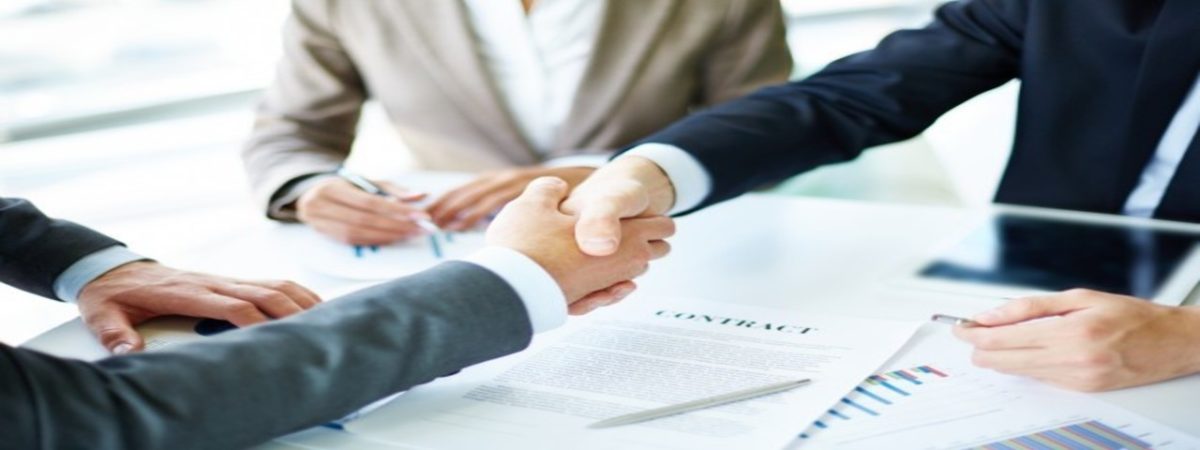The left will continue to lose until they start to empathise with their enemies
SUGGESTED



He is a mainstream social conservative and a mainstream economic liberal. He may not deliver the reforms France desperately needs – political leaders with great promise often disappoint. But certainly reform is needed. France is a country where only 50 per cent of people have a full-time permanent job and where the state spends 57 per cent of national income.
What is clear is that self-styled, liberal, left-wing politics is struggling in many major countries. First there was Brexit, then Donald Trump and soon France may reject the left.
In the UK and the US, part of the problem at least lies with the attitude of the left. Though they describe themselves as liberal, they are often intolerant of other views and frequently vilify the character of their opponents. Rather like the socialists of yesteryear who could not understand why peasants and other poor people wanted to keep their independence, their religion, and what little property they had rather than follow socialist ideals, the left of today frequently just cannot understand the mindset of their opponents.
This is partly because they are rarely exposed to the views of others: hence the need for “safe spaces” and the inability of students in world-leading universities in the US to cope emotionally with the election of Trump. As William F Buckley Jnr said: “Liberals claim to want to give a hearing to other views, but then are shocked and offended to discover that there are other views.”
One aspect of Trump’s victory is that he managed to put together a coalition of people who felt very strongly about a set of single issues and who were willing to be forgiving on those issues where they disagreed with Trump.
A few of his supporters supported protectionism. Many wanted to stop migration. But others will have believed in free trade and migration and wanted to register a vote against Hilary Clinton’s extreme position on abortion. Still others are worried about issues to do with freedom of association and religion in the context of anti-discrimination legislation. And yet more were afraid that the drift of the Supreme Court under a Clinton presidency would change America forever in an undesirable direction.
Many of the people who supported Trump held their views for good, compassionate and liberal reasons – in the proper sense of the word liberal. Certainly, politics would be more civilised if the likes of Trump and Farage behaved differently. But it would also be much more civilised if self-styled liberals of the left accepted that good people can think differently from them.
And, because of the nature of the coalition that elected him, Trump may spring some surprises – and occasionally even please the left.
Indeed, one interesting question is who the US ambassador to the UK will be. One person in the frame seems to be Ted Malloch. His free trade credentials are strong. He is a friend of business, but would have common cause with both the left and genuine free marketeers in wanting to disconnect corporatist interests from politics – he is no friend of Davos!
Malloch is a staunch believer in ethics in business: one of his recent books is entitled The End of Ethics – and a Way Back, and another Doing Virtuous Business – the Remarkable Success of Spiritual Enterprise. Malloch has lectured at dozens of universities and has held visiting professorships at Yale and Oxford. He is no mug.
Those on the left who prefer to play the man rather than the ball should take part in the conversation. They might find that many of their opponents are decent people. If nothing else, they would come to better understand the minds of those with whom they disagree. In the process they would make themselves more electable.
This article was first published in City AM.




